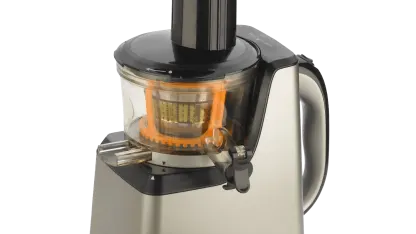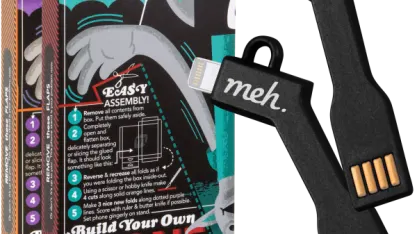Fagor Platino Plus Slow Juicer and Sorbet Maker
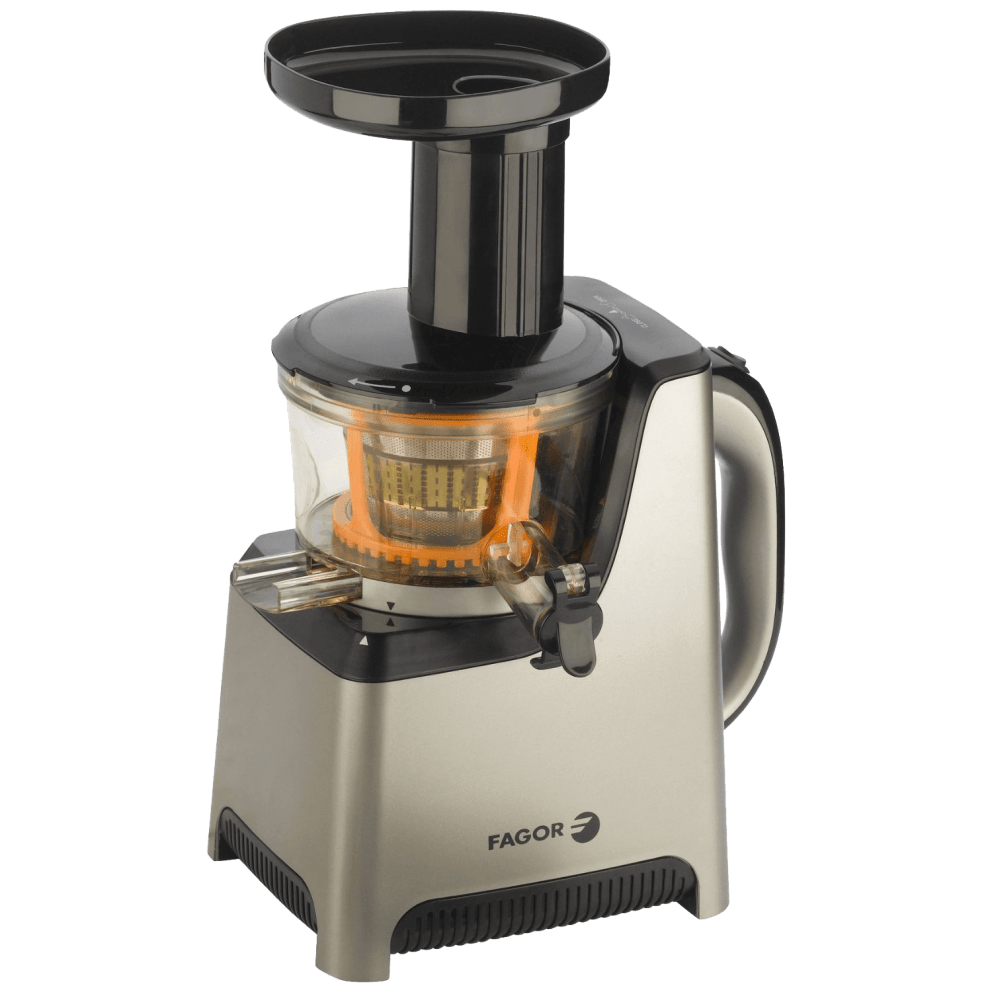
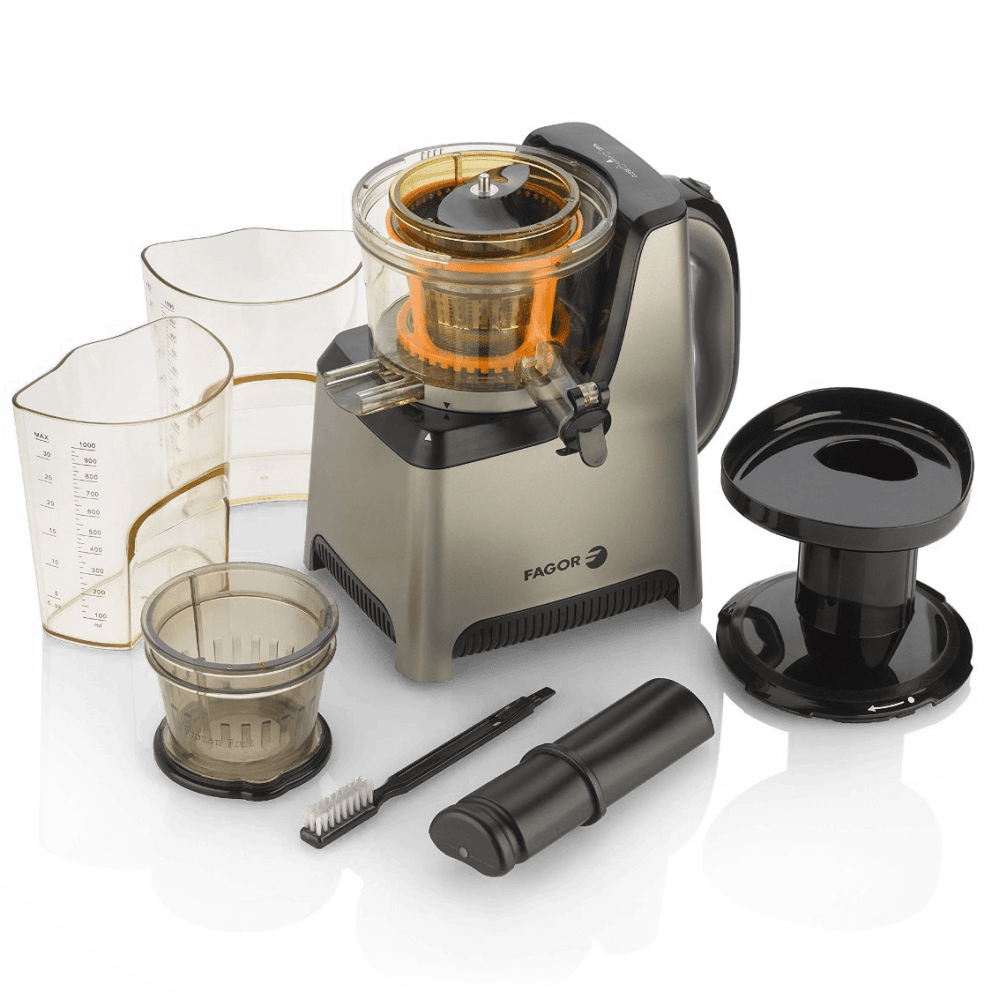
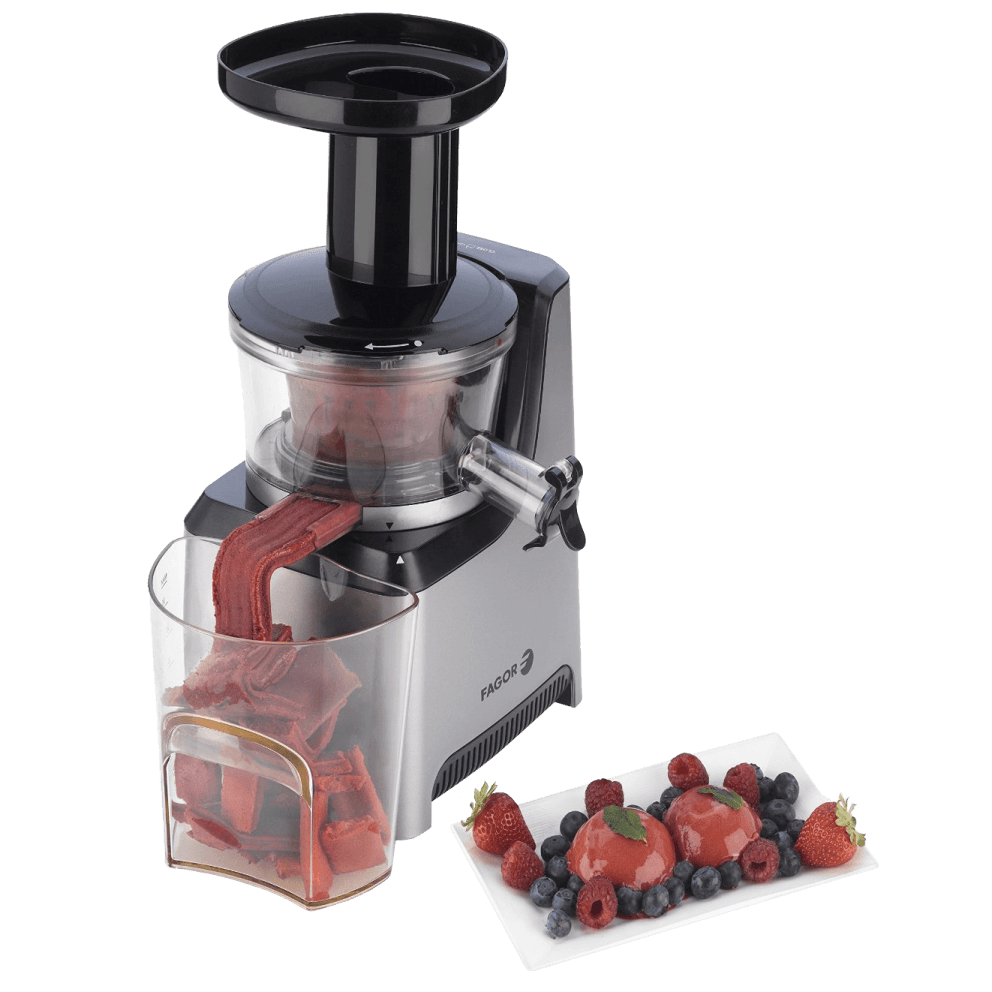
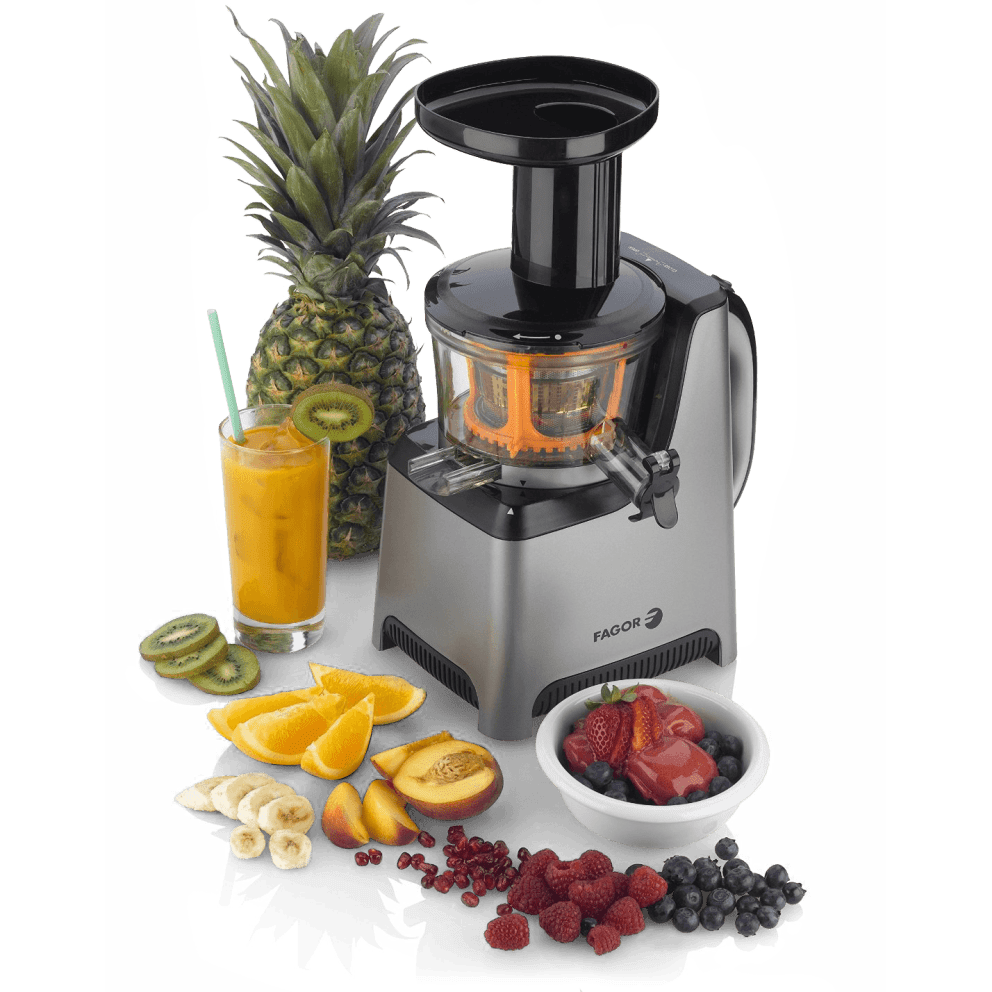
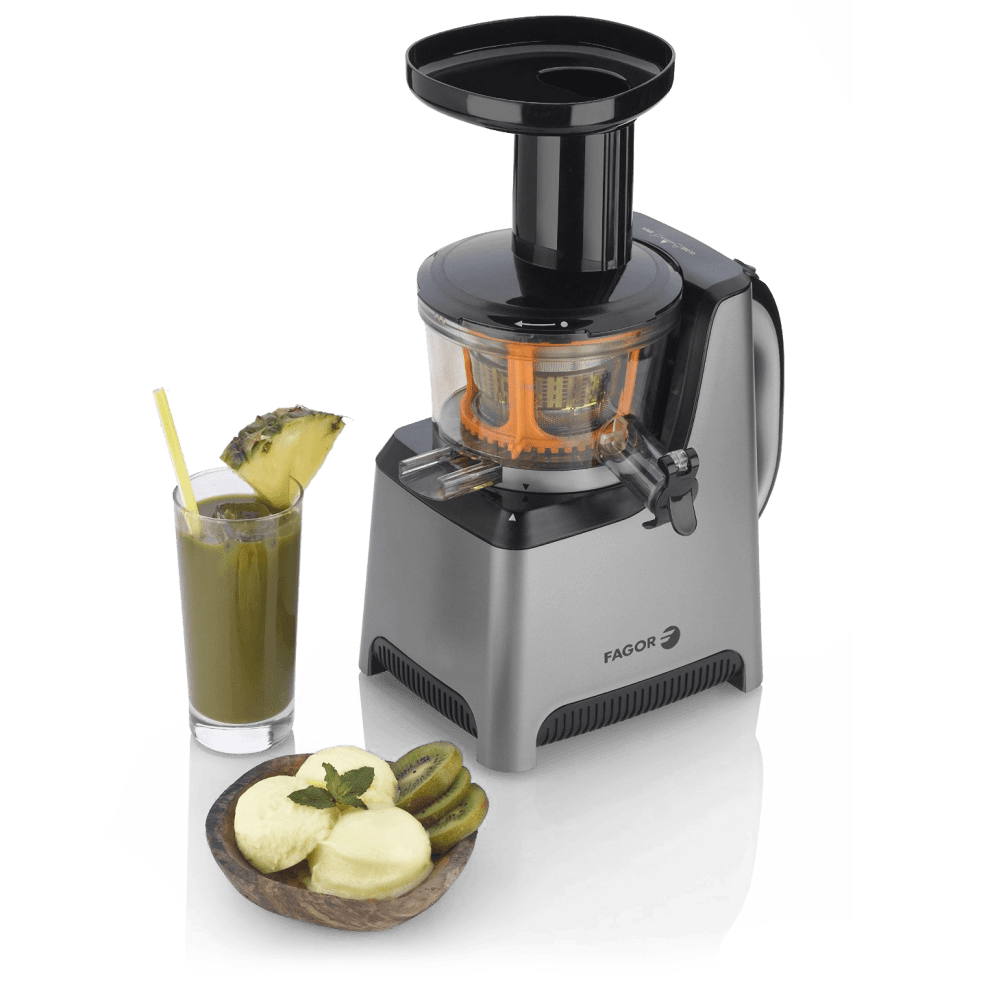
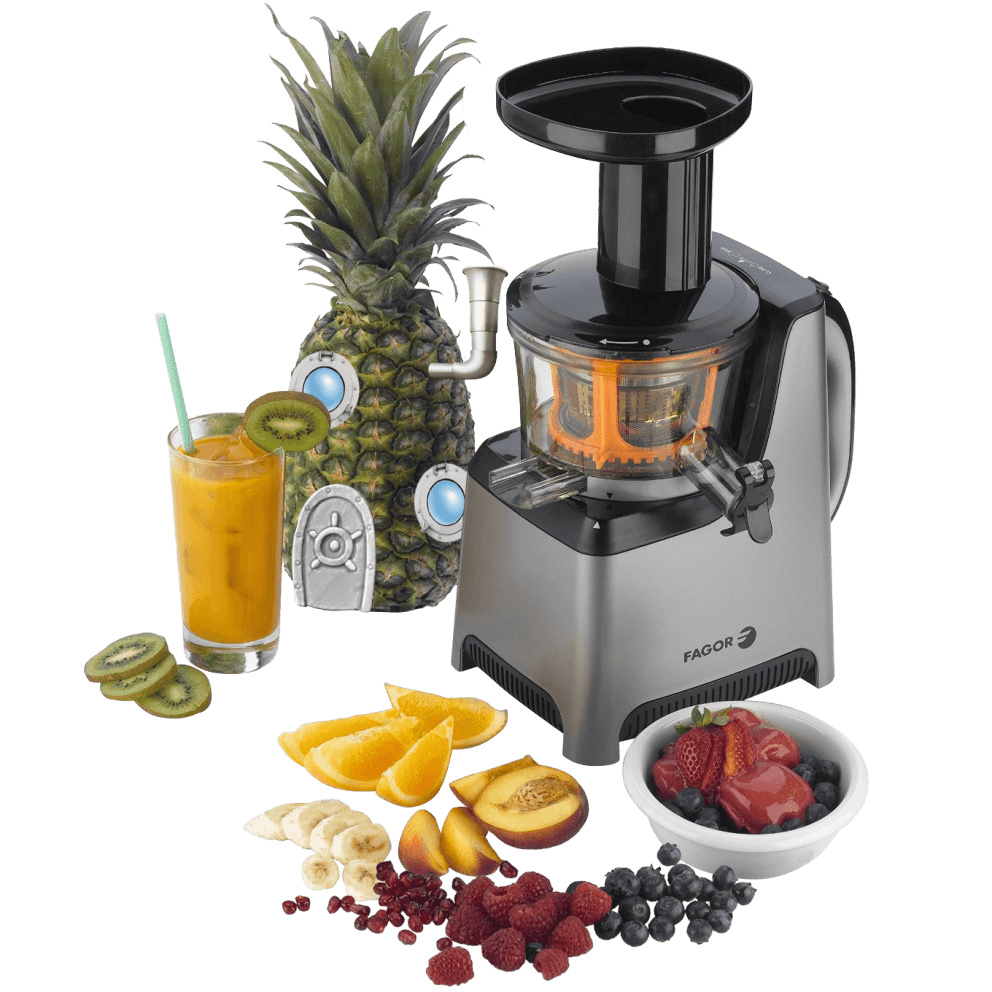
Our Take
- Slow juicers (also called masticating juicers) extract more juice than traditional old centrifugal juicers, especially from vegetables and berries- 80-90 RPM auger presses and masticates juice and then more juice- Makes a mean sorbet, too- Comes with a pile of fun-sounding parts like a dessert drum, a pusher, a 35 oz. juice collector, a 35 oz. pulp collector, a cleaning brush, and a recipe book- Model: 670041910 (too bad this juicer can’t squeeze this model number down to a manageable size)
This argument really gets the juices flowing (LOL).
Claims. Allegations. Counter-claims. Lawsuits. Kidnapping. All of this unpleasantness (except kidnapping) has been provoked by one question: do so-called “slow juicers” really extract more juice and more nutrients than the more common centrifugal juicers?First, the difference between the two. Slow juicers like this Fagor use a pressing motion to sort of chew the juice out of the pulp (they’re also called “masticating juicers”). Centrifugal juicers spin the juice out of the pulp. Centrifugal juicers are faster and more convenient. Slow juicers get more juice out of the ingredients, especially vegetables and berries.But how much more? Juicers are one of those products that lend themselves to hucksters and con artists making tenuous claims. A lot of numbers get thrown around: that slow juicers extract 35% more juice or 70% more nutrients. And it’s those claims that stir up (ha) a whirling (yuk yuk) maelstrom of passions.Now, we see a lot of appliances. We’ve come to be pretty jaundiced about claims that method X is inherently more superior than method Y. We know the real variation lies in how well a specific model is made, whatever its conceptual basis may be. So it’s hard for us to imagine dying on a hill for our favorite method of pulping fruits and vegetables.According to the most dispassionate, objective analysis we can find, “claims made online often wildly exaggerate the difference in quality between a centrifugal and a masticating juicer” but that "slow juicers are a better choice for anyone who has the budget to purchase a good model."Did you get that? “A good model.” Once again, it comes down to that. Slow juicers may be better, even significantly better, than comparable centrifugal juicers. But it’s still the juicer that matters.That’s where we come in with this marked-way-down Fagor Slow Juicer. Its only substantial Amazon review says it was “well worth the money” at more than double our price. The Spanish company Fagor isn’t well known here, but before the financial crisis kicked their teeth in, they were one of the biggest appliance manufacturers in Europe, a market where people take what’s in their kitchens pretty seriously.So there you go. Slow juicing, with the bonus juice and nutrients that provides, at a regular-juicing price. Or maybe you think this slow juicer thing is total BS. We encourage you to wade into (heh) the forum and pour (ha ha) your heart out. Just be warned: this issue can get pretty sticky (LOL).

